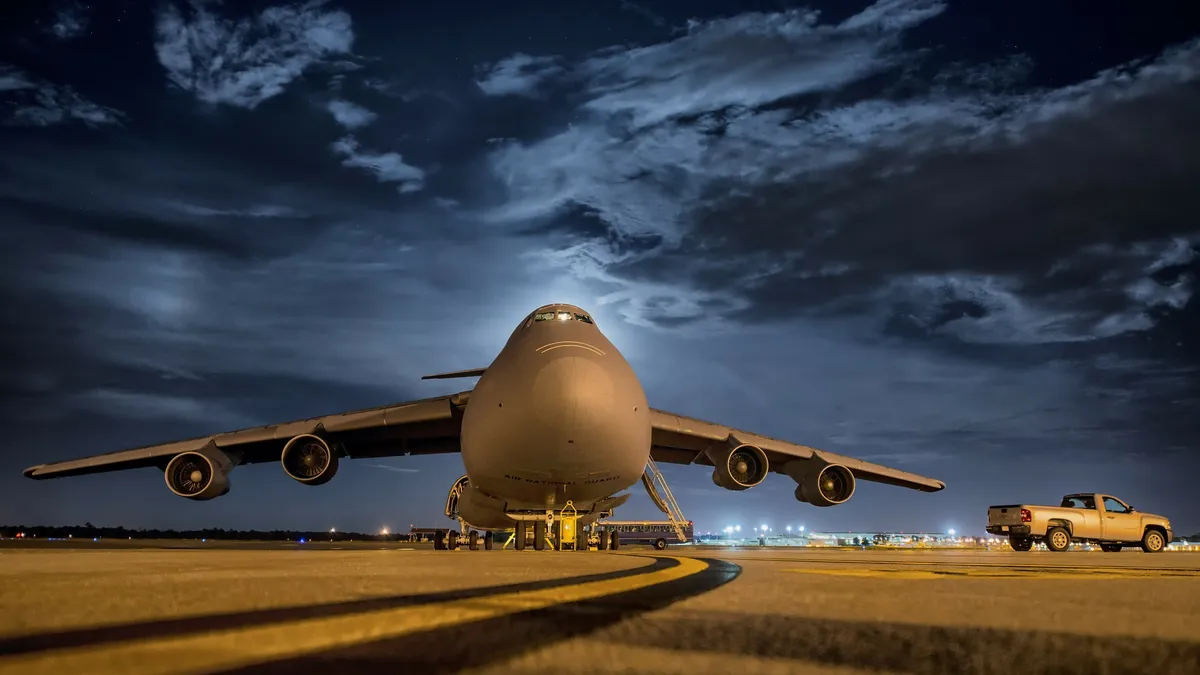Dive Brief:
- Halliburton's logistics manager for Europe, Eurasia, and Sub-Saharan Africa believes that forwarders must step up to the plate and embrace digitization if air cargo is to move forward, The Loadstar reported Wednesday.
- One suggestion for progress is the adoption of technology, a feature most shippers now expect, but which some freight forwarders haven't fully implemented.
- Further ideas include utilizing practical multimodal solutions that allow for transactions outside a narrow vertical, an issue that particularly affects Central Asia and Africa.
Dive Insight:
Freight forwarders must digitize or risk getting left behind.
Roughly two-thirds of current logistics staff believe that traditional freight forwarding will be disrupted within the next 3-5 years, in part due to technology offerings like online load boards, cloud-based freight marketplaces, connected containers, and online customs processing. Further, logistics companies are inventing their own digital platforms to simplify the freight forwarding process, such as CILLOX by DHL, a digital transporter search and quote service.for shipments.
Doing things the old-fashioned way works for some industries, such as those involving craftsmanship, but whenever information must be shared quickly and transparency is an asset, technology is key. In freight forwarding, there is also the issue of up to the minute rate availability, as well as RFID identifiers for containers, which alert shippers as to the whereabouts of their cargo at all times, avoiding the dreaded black hole of invisibility.
Though traditional forwarders have become adept at juggling details, they are unable to provide the same level of visibility as those offering a digital experience. For customers who truly prefer a manual system, accommodation may be made, but it's far easier to go backward on occasion than refuse to go forward for the majority.












